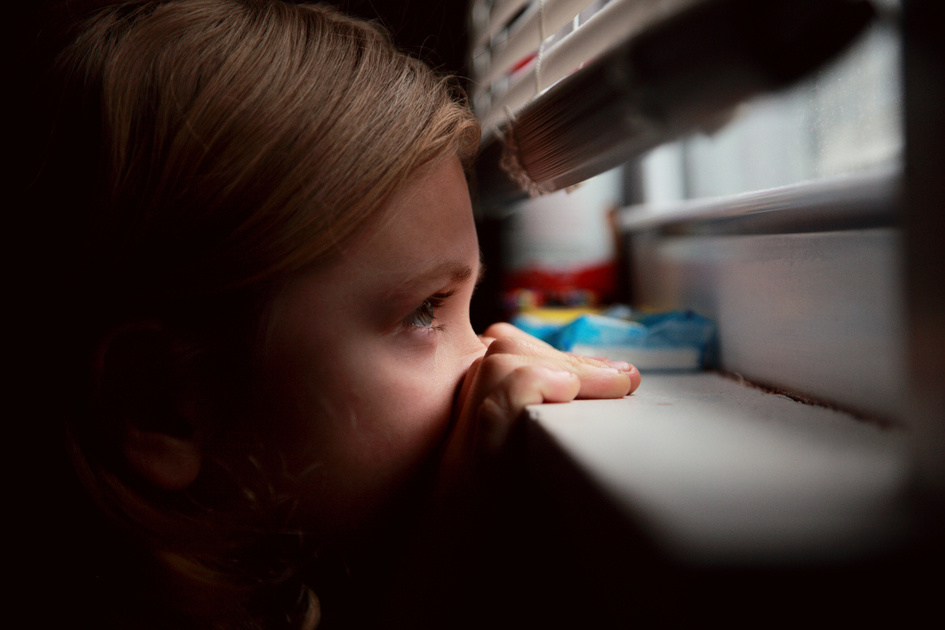
Living with constant uncertainty affects us deeply. Our perceptions of ourselves are either strengthened or turned upside down. Our true values become evident to ourselves and to those in our immediate vicinity.
For example, perhaps we viewed ourselves as hard-working and now our workload is diminished. Suddenly we sleep later, wander around the house, use more technology, and look in the mirror with confusion, wondering about the identity of this seeming imposter. Are we hard-working, or do we only act in that capacity when there is financial remuneration? Do we only perform when there is structure provided and expectations set by others? How much initiative do we have? Where is our ambition?
One mother of a large family recently commented that she finds it painfully difficult to watch family members sit around for prolonged periods. She is up early and continues her structured lifestyle. She wonders how much to say and how much to allow everyone to find their own coping strategy without demanding that they emulate hers.
What about our values of patience and quality time with family members? Did they only exist before we were all locked up together in the same house for endless weeks? How does this impact our relationships? Do we appreciate their qualities more or give ourselves frequent messages of our inability to cope even one more day? Or can we accept the integration of enhanced love while also longing for quiet breaks? Are we spending more time criticizing ourselves for our perceived inadequacies or cheering ourselves for coping with such difficult circumstances? What does that tell us about ourselves?
Have we managed to ask for our needs from our family members? Or do we find ourselves expecting to do it all? Are we able to acknowledge our challenges with vulnerability and authenticity?
And what do we notice about our connection to Hashem during these times? Do we allow ourselves to reflect on suffering, acceptance of what we do not understand, and the purpose of our lives? What do our communal activities and rituals mean to us now that we cannot avail ourselves of them?
How far do we take our health precautions? On one hand, this virus can be anywhere and anyone with or without symptoms might be a carrier. On the other hand, if we start overdoing it, our behavior can become obsessive. What is risky for us? How do we cope with isolation and being with ourselves? Can we tolerate being alone? Rabbi Dr. Abraham Twersky relates an incident where he went for health treatments and after a few minutes, felt ready to leave. When they told him that he needed to stay by himself for a longer time to gain the treatment benefits, he felt upset. He realized the hardship of really confronting oneself without distraction.
How are our moods? What is giving us joy now in the current situation? What are we missing about our old norms? What aspects of life did we take for granted? What might we choose to do differently when life reopens?
Perhaps, in the past we kept some of our fears at bay with distraction. Now that we hear news of death every day, how does that impact our conscious awareness of our own mortality? Do we allow ourselves to grieve? Do we reach out and connect with those who experienced tragic losses? How do we balance maintaining a positive environment while acknowledging this tremendous and painful worldwide pandemic?
How judgmental are we when we hear of people coping differently? Do we feel angry? Do we work on giving them the benefit of the doubt? How, in general, do we deal with conflict and differing opinions?
Who do we admire? Unquestionably, challenge brings out the best and worst in humanity. What inspires us to become our best? How might we utilize the unique opportunities that are confronting us for the first time in our lives? Sometimes we simply attempt to get through tough moments and sometimes the resilience we build transforms us.
Reflecting on our thoughts, emotions, patterns, and relationships with compassion and curiosity offers us the rich opportunity to live consciously and mindfully. It allows us to deeply focus on the many blessings in our lives one day at a time. It allows us to take the time to really get to know what motivates us and what triggers automatic negativity; what inspires us and what sets us back. And yes, it allows us to feel our sadness, grieve our losses, and feel overwhelmed too. Self-knowledge is a precious gift that can be used to create a more meaningful life one moment at a time.
Esther Gendelman MS, LPC, is a licensed psychotherapist, who specializes in working with relationships. A veteran educator, motivational speaker, and dating coach, she has a passion for helping people grow and maximize their potential. She is the coauthor of The Missing Peace by Menucha Publishers and When Ice Cream is Not Enough available on Amazon.
 Previous
Previous

